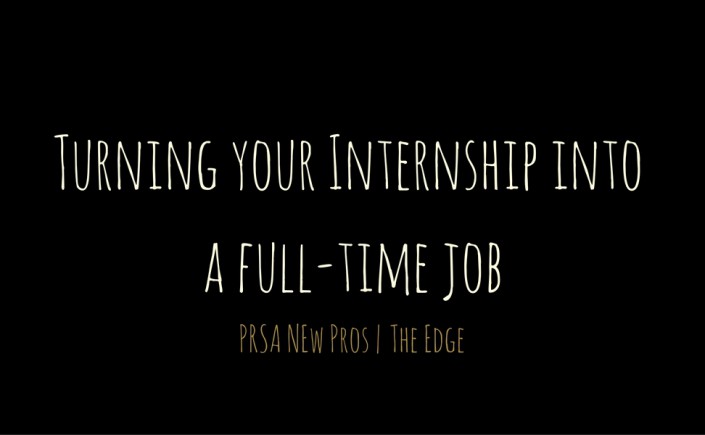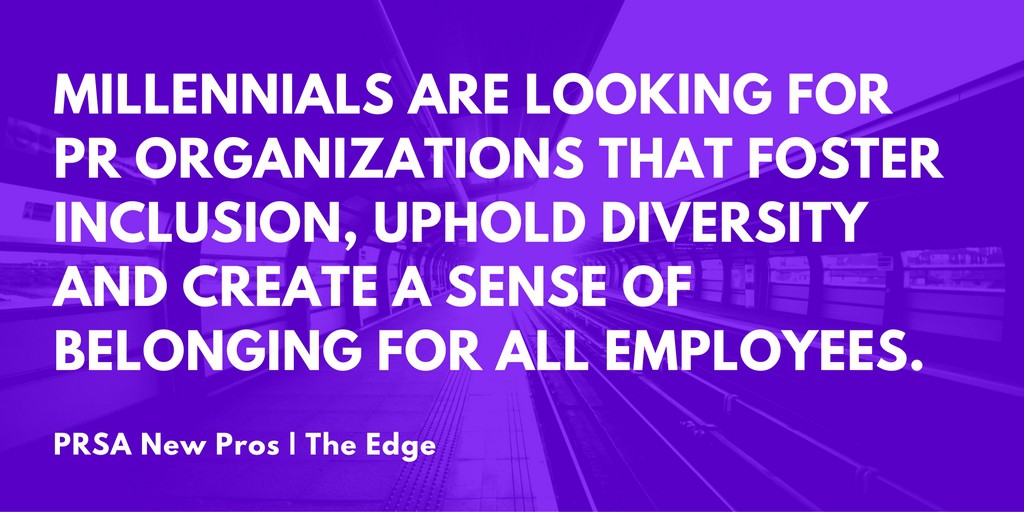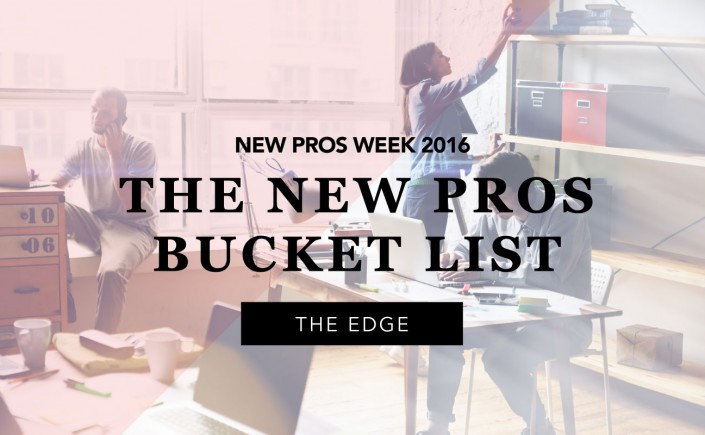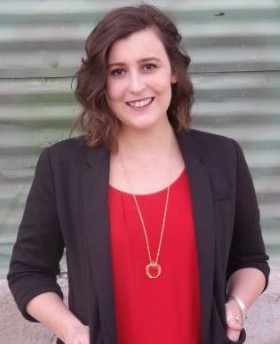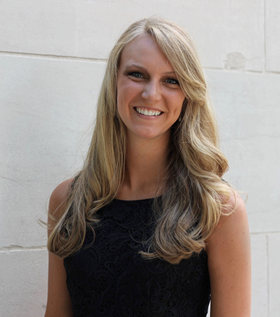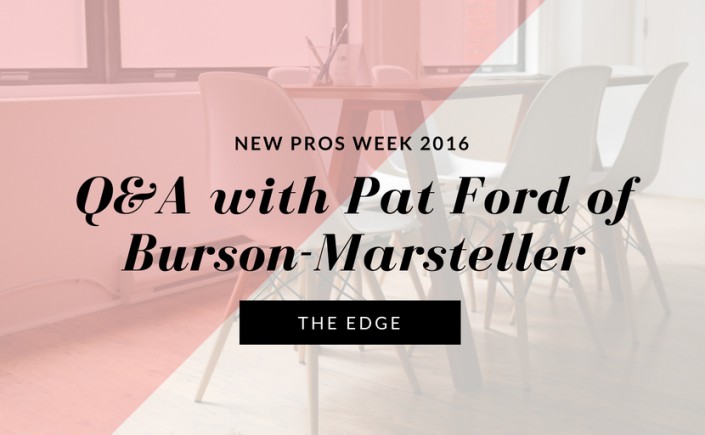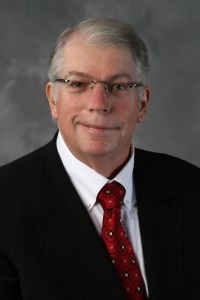On the first day of my internship, I was handed a laptop, emailed a contract, and shown to my desk. That’s all. No new-hire orientation, no manual; the rest was up to me.
That was nearly three years ago. The trajectory of my internship relied entirely on my own ambition, and quite frankly, my desire to land a job. From my 8-month “audition” I found that there are three basic practices that interns should adopt in order to land a full-time offer.
Follow the Leader
It won’t be difficult to identify the individuals that you admire at your internship. Do some calendar stalking and you will find the leaders—their calendars will be packed with meetings since colleagues crave their input. Ask to join those meetings, as many as they will allow you to attend, and then, stop, sit, and listen. Really listen to the dialogue taking place inside the room, absorb what’s working, and make note of what isn’t.
As an intern, this practice almost felt like cheating. I had regular exposure to the most brilliant minds of the business.
Be a Duck
On the heels of one of our largest, most stressful, customer events of the year, my boss at the time, pulled me aside to share some advice that will stick with me for the rest of my professional career. “Today is going to be hectic,” she said. “Something will go wrong and it will be overwhelming, but all the while, you need to be a duck. Paddle furiously beneath the water and work through the chaos, but maintain cool composure up top where people can see you.”
Every day of your internship is a test of your ability to handle stress and problem-solve. Don’t let them see you sweat. Be a duck, and paddle like crazy. This is an indicator of how you will handle added responsibility as a full-time employee.
 Be Better than Coffee, but Don’t be Above Coffee
Be Better than Coffee, but Don’t be Above Coffee
Without question, your attitude will be one of the deciding factors of your future employment. In the investment banking world, it’s called the “punch test.” You’re working long hours, you’re stuck alongside the person in the other cubicle—is that person someone you want to be in the trenches with? Or will you fantasize about punching him after 2 months?
In the tech world, there are common tasks that test your willingness to get your hands dirty. It’s a “coffee run” or a seemingly never ending source of data that needs to be inputted into a spreadsheet. It’s something that every intern will and should have to experience. Don’t groan, don’t eyeroll, and for godsake, don’t mess up.
Be willing to do any job, but elevate yourself to the point where you’re trusted to do any job. What’s been stereotyped as a demeaning “intern task” is an exercise in teamwork and, depending on the complexity of the order, attention to detail. Be the person who gets coffee AND thrives in your role.
In that same vein, I would be remiss to not call out to the employers who are reading this: there is a wealth of opportunity for you to learn from your intern and for your intern to learn from you. I was incredibly fortunate to intern with a company that recognized the value of giving interns an opportunity to earn their stripes and take on meaty projects. Interns don’t have to just be coffee runners and spreadsheet fillers, if you nurture their hunger and talent, you’re able to get a great sense of the type of full-time employee that will be. Hiring and onboarding an intern who has a deep knowledge of the company and a proven willingness to learn, saves you both time and money. And that’s just good business.
 Samantha Subar is a Global PR Manager at Spredfast. She appreciates good sushi and data stories. Preferably combined, if possible. Connect with her on Twitter and LinkedIn.
Samantha Subar is a Global PR Manager at Spredfast. She appreciates good sushi and data stories. Preferably combined, if possible. Connect with her on Twitter and LinkedIn.

